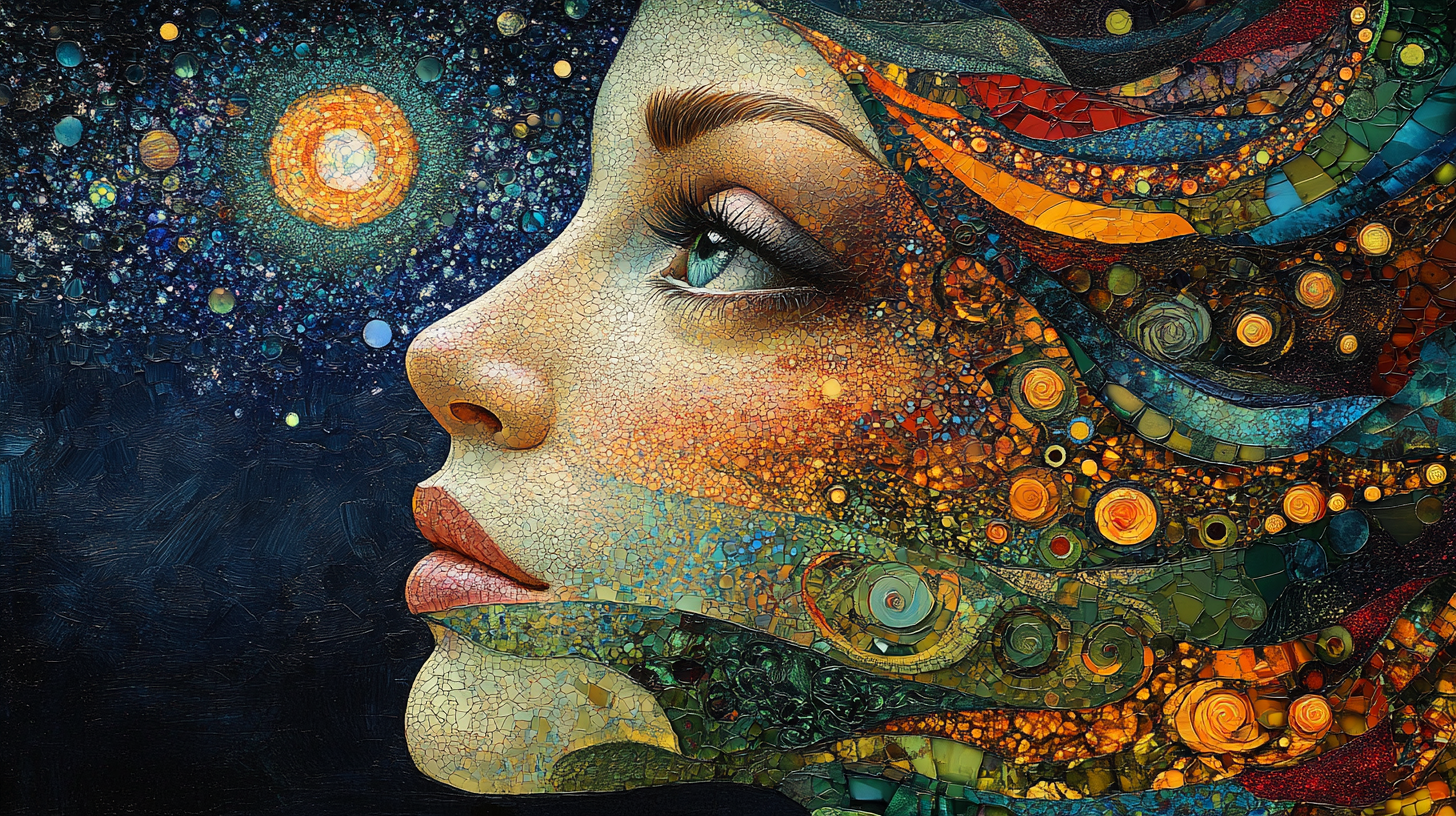Introduction to Artificial Creativity Amplification
Artificial Creativity Amplification (ACA) is a cutting-edge field that aims to develop AI systems capable of enhancing and augmenting human creative processes. This innovative discipline combines insights from cognitive science, computational creativity, and human-AI interaction to create tools and systems that can collaborate with humans in novel and imaginative ways.
As creativity becomes increasingly vital in various domains, from arts to sciences, ACA emerges as a powerful means to expand the boundaries of human creative potential. By leveraging AI's ability to process vast amounts of information and generate novel combinations, this field has the potential to unlock new realms of creative expression and problem-solving.
Fundamental Principles of Artificial Creativity Amplification
At its core, ACA operates on the principle that creativity can be enhanced through intelligent collaboration between humans and AI. This involves developing AI systems that can not only generate creative outputs but also stimulate, challenge, and complement human creative processes.
A key concept is "divergent-convergent AI," where systems are designed to both expand the range of possibilities (divergent thinking) and help refine and select the most promising ideas (convergent thinking).
Another fundamental aspect is the development of "context-aware inspiration engines," AI systems that can provide relevant and thought-provoking stimuli tailored to an individual's creative process and goals.
Groundbreaking Applications
One of the most exciting applications of ACA is in the arts. AI creativity amplifiers could serve as collaborative partners for artists, suggesting novel techniques, styles, or compositions, potentially leading to entirely new art forms.
In scientific research, ACA offers the potential for AI systems that can help researchers generate innovative hypotheses, design novel experiments, or identify unexpected connections between disparate fields of study.
Another groundbreaking application lies in education and skill development. ACA could help develop personalized creativity training programs that adapt to an individual's strengths and weaknesses, nurturing creative thinking skills across various domains.
Ethical Considerations and Challenges
As a field that seeks to augment human creativity, ACA raises important questions about the nature of creativity and authorship. Ensuring that AI amplification enhances rather than diminishes human creative agency, and addressing issues of intellectual property in human-AI collaborative works are key ethical concerns.
A significant challenge is developing AI systems that can truly understand and complement the nuanced and often intuitive nature of human creativity. Creating algorithms that can provide relevant and inspiring input without overshadowing or misdirecting the human creative process presents considerable technical and design challenges.
Societal Impact and Future Outlook
ACA has the potential to significantly enhance human creative capabilities across various fields. As the field advances, we may see a new renaissance of creative output, with AI-amplified creativity leading to breakthroughs in art, science, and innovation.
Future research in ACA may focus on developing more sophisticated models of the creative process, exploring the potential for ACA to enhance collective creativity in group settings, and investigating the long-term effects of AI-amplified creativity on human cognitive development and cultural evolution.

Comments